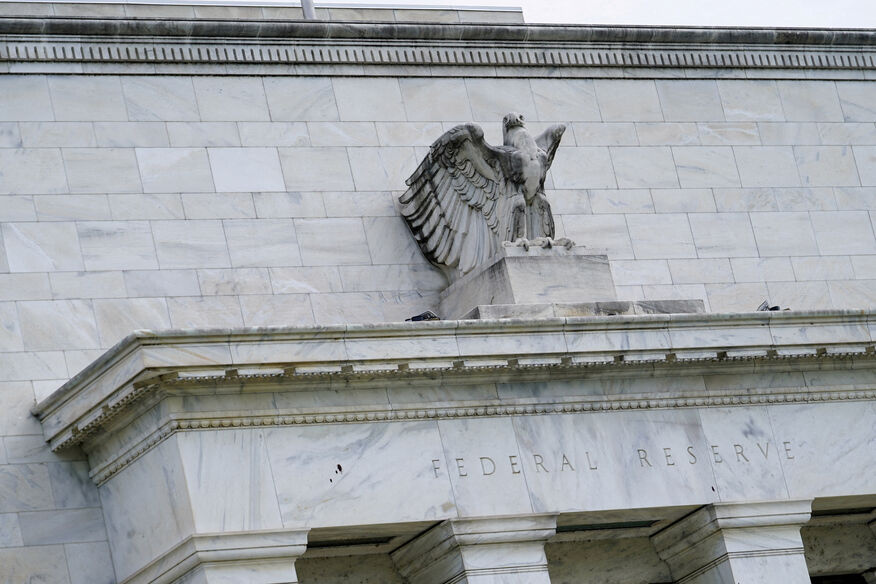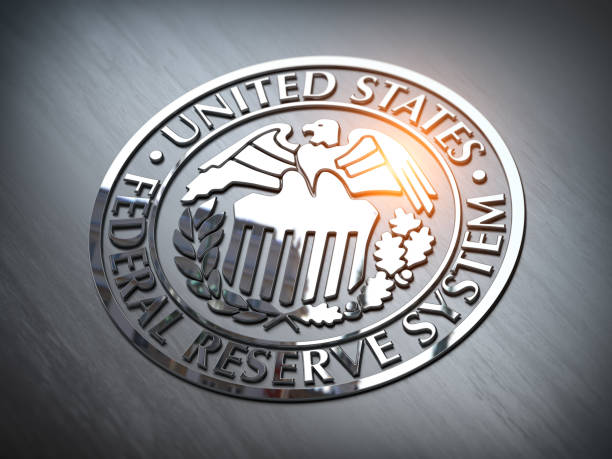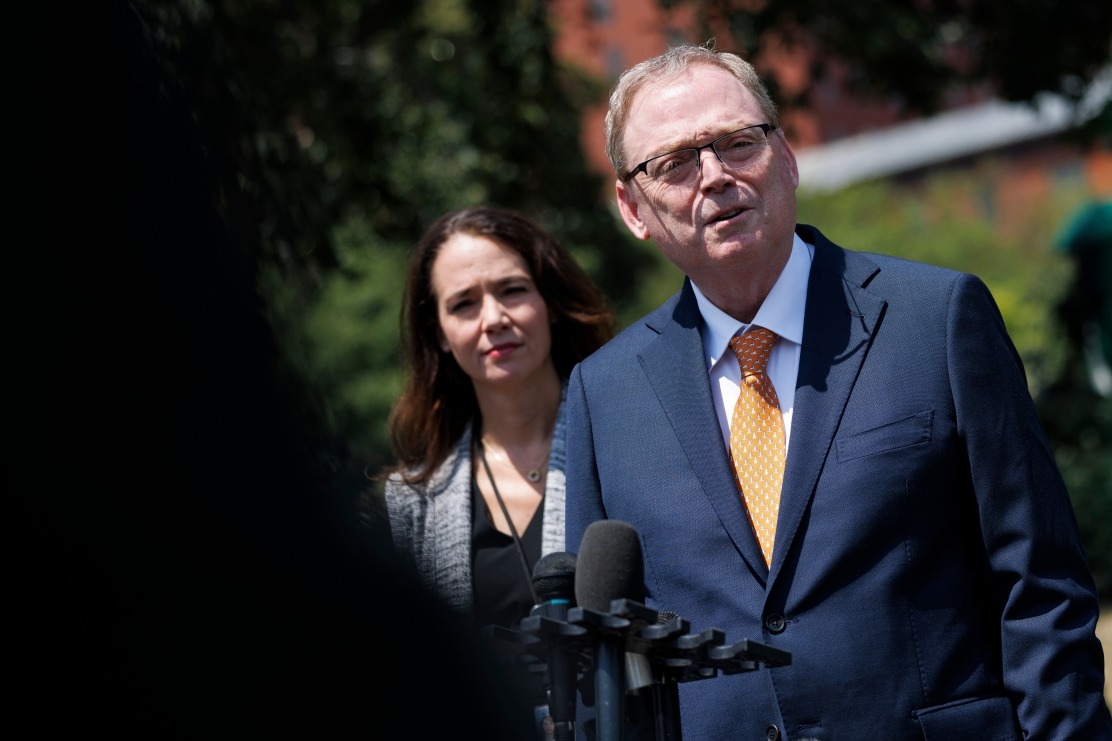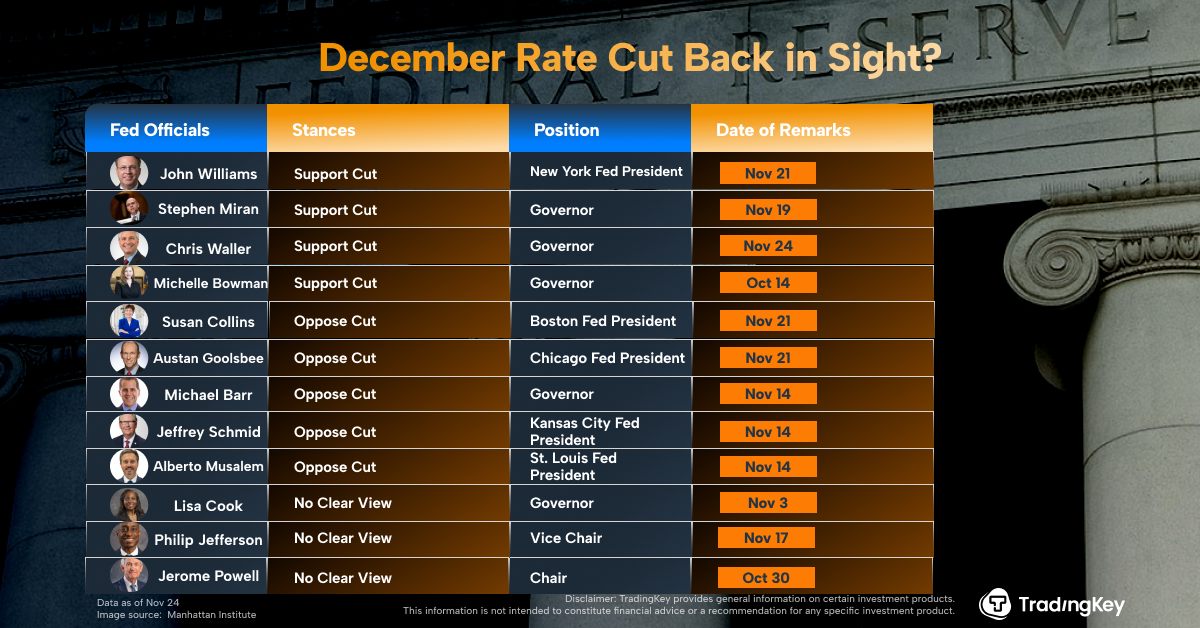Trump's Fed attacks puncture veneer of central bank independence: McGeever
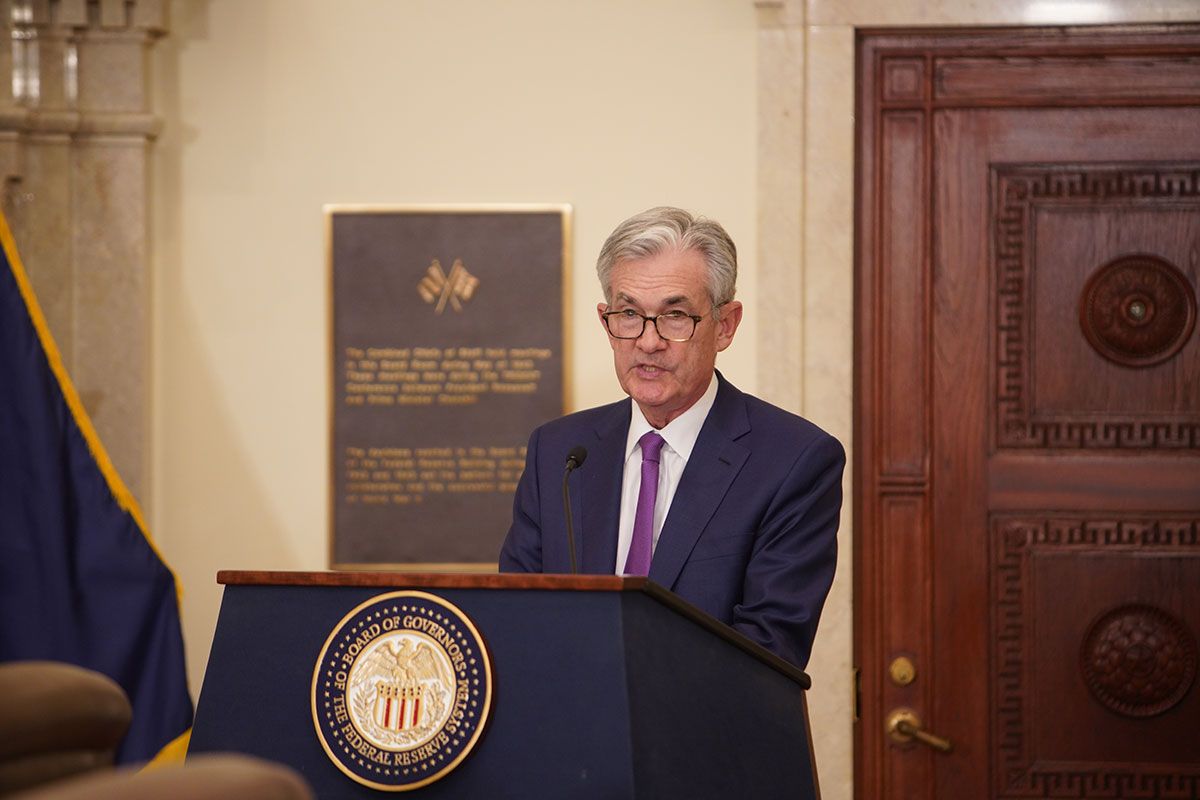
By Jamie McGeever
ORLANDO, Florida, July 21 (Reuters) - If U.S. President Donald Trump's public attacks on Federal Reserve Chair Jerome Powell have achieved one thing, it has been to thrust the issue of central bank independence firmly into the spotlight. But this raises the question, what does 'independence' really mean?
Central bank independence is widely considered a bedrock of modern-day financial markets. Economists, investors and policymakers almost universally agree that monetary policy should be set for the long-term good and stability of the economy, free from short-term and capricious political influence.
But maintaining that theoretical separation between policymakers and politicians is very challenging in practice.
Ultimately, central banks are creations of – and, to varying degrees, extensions of – their national governments. The legislatures determine their statutes, parameters, goals, and key policymaking personnel.
One need only look at the intertwined and often coordinated responses of countries' central banks and governments to the global financial crisis and pandemic for evidence that complete independence doesn't actually exist.
DE FACTO OR DE JURE
'Independence' has two primary meanings in studies of monetary policy.
Academic studies often refer to 'de jure' independence, essentially legal or institutional independence, and 'de facto' or operational independence. Importantly, de jure independence is no guarantee of de facto independence or vice versa.
Perhaps surprisingly, the U.S. scores pretty low on a de jure basis, mainly because the Fed's statutes have barely changed since it was created over a century ago in 1913.
Davide Romelli, associate professor at Trinity College Dublin, has updated a central bank independence index created by Alex Cukierman, Steven Webb, and Bilin Neyapti in the 1990s. The index, in which 0 is no independence and 1 is total independence, shows the US scoring 0.61. That suggests the Fed is a less institutionally independent body than the European Central Bank, which scored 0.90, and even the People's Bank of China, which scored 0.66.
But on a de facto basis, the Fed would almost certainly rank as higher than the PBOC, given its design, transparency, and accountability mechanisms such as the chair's regular press conferences and appearances before Congress.
And look at how the Fed resisted the clamor to raise interest rates when inflation first exploded after the pandemic as well as its patience in lowering them now given the uncertainty surrounding the U.S. trade agenda. You can argue the wisdom or folly of the Fed's actions in either case, but both episodes put its operational independence on full display.
'BANANA REPUBLIC'
When experts talk about threats to central bank independence, they are usually referring to concerns about de facto independence.
Indeed, this is why Fed-watchers have grown increasingly troubled by Trump's excoriating verbal attacks on Powell over the last six months for not cutting interest rates. If there is a line demarcating political interference, however amorphous, Trump has crossed it.
"The words that Trump uttered are the ones one expects from the head of a banana republic that is about to start printing money to fund fiscal deficits," former Fed Chair and U.S. Treasury Secretary Janet Yellen told The New Yorker earlier this month.
Of course, even if Trump were to replace Powell with a more amenable chair, this would not completely eliminate Fed independence. The Fed chair does not single-handedly set interest rates and represents only one of 12 votes at each policy meeting.
But in many ways he or she is the first among equals, as University of Maryland's Thomas Drechsel shows in a recent working paper.
Analyzing over 800 personal interactions between Fed officials and each U.S. president from Franklin D. Roosevelt to Barack Obama in 2016, Drechsel found that 92% were with the Fed chair. President Richard Nixon interacted with Fed officials 160 times, reflecting his infamous efforts to influence then chair Arthur Burns, while only six interactions took place during Bill Clinton's two terms.
To be sure, not all meetings or telephone calls involve political pressure, and for purely logistical reasons, it makes sense that the president would prioritize speaking with the head of the monetary policy body as opposed to all its members.
As such, appointing the governor is a key area where a central bank's independence can be damaged. In a 2022 academic paper titled "(In)dependent Central Banks" revised in February analyzing 317 governor appointments in 57 countries between January 1985 and January 2020, the authors noted that as central banks' powers – and perceived independence – have expanded, political incentives to control them have intensified, "especially in an era of growing global populism."
Thus, in many cases, the more power a central bank has to ignore political pressure, the more motivated government leaders are to apply it. If that is a global trend, Trump appears to be at the vanguard.
(The opinions expressed here are those of the author, a columnist for Reuters.)
Central Bank Independence index - Davide Romelli
Central bank legilsative reforms - Davide Romelli




